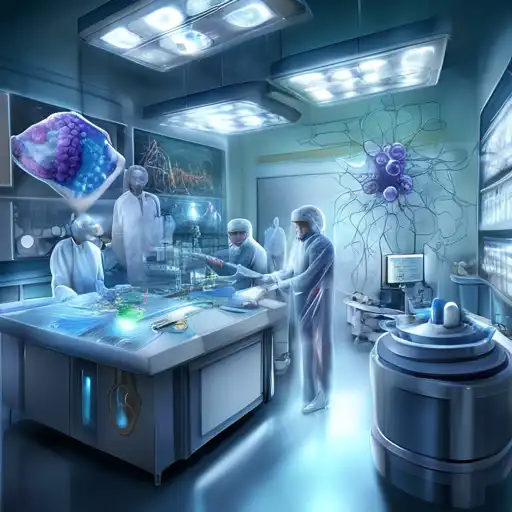Introduction to Nanotechnology in Medicine
Nanotechnology, the science of manipulating matter at the atomic and molecular scale, is set to revolutionize the medical field. With its ability to operate at the same scale as biological molecules, nanotechnology offers unprecedented opportunities for diagnosis, treatment, and prevention of diseases. This article explores the groundbreaking advancements and potential of nanotechnology in medicine.
The Promise of Nanotechnology in Healthcare
Nanotechnology in medicine, often referred to as nanomedicine, involves the use of nanoparticles to deliver drugs, heat, light, or other substances to specific cells in the body. This precision targeting minimizes damage to healthy cells and maximizes the therapeutic impact on diseased cells. The potential applications are vast, ranging from cancer treatment to repairing damaged tissues.
Key Advancements in Nanomedicine
- Drug Delivery: Nanoparticles can be engineered to deliver drugs directly to cancer cells, reducing side effects and improving efficacy.
- Diagnostic Tools: Nanotechnology enables the development of highly sensitive diagnostic devices that can detect diseases at their earliest stages.
- Regenerative Medicine: Nanomaterials are being used to create scaffolds that support the growth of new tissues, offering hope for organ regeneration.
Challenges and Ethical Considerations
Despite its potential, the integration of nanotechnology into medicine faces several challenges. These include technical hurdles, such as ensuring the stability and biocompatibility of nanoparticles, as well as ethical concerns regarding privacy and the potential for misuse. Addressing these issues is crucial for the responsible development of nanomedicine.
Future Directions
The future of nanotechnology in medicine is bright, with ongoing research exploring its use in combating antibiotic resistance, enhancing vaccine delivery, and even developing nanorobots for precision surgery. As we continue to unlock the potential of nanotechnology, it is clear that it will play a pivotal role in shaping the future of healthcare.
For more insights into the future of healthcare technology, explore our articles on healthtech innovations and the future of medicine.
Conclusion
Nanotechnology in medicine represents a frontier of medical science that promises to transform healthcare delivery. By enabling targeted treatments, advanced diagnostics, and tissue regeneration, nanotechnology offers solutions to some of the most pressing medical challenges. As research progresses, the integration of nanotechnology into clinical practice will undoubtedly open new avenues for treating and preventing diseases, making it indeed the next big thing in medicine.
